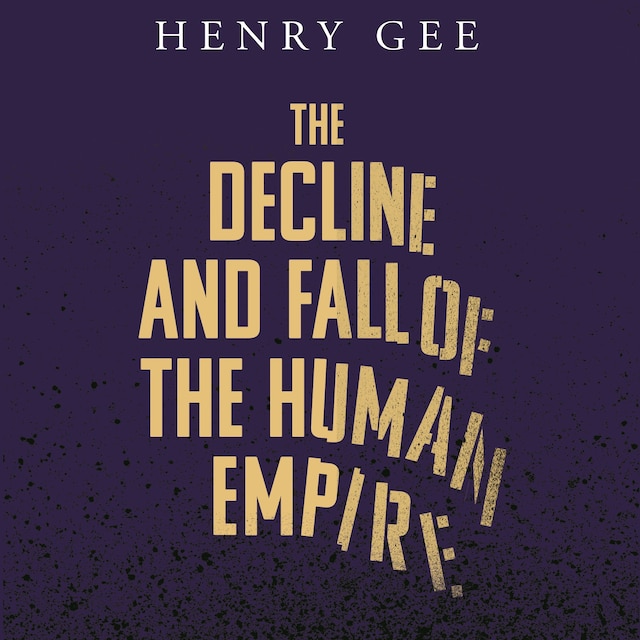
The Decline and Fall of the Human Empire
Why Our Species is on the Edge of Extinction
Description of book
'A marvellously engaging writer' – The Times
'Never has the prospect of human extinction been so exhilarating, at least to read about . . . Witty . . . measured and enlightening . . . Henry Gee is a sage' – Steve Brusatte, author of The Rise and Fall of the Dinosaurs
From the winner of the 2022 Royal Society Science Book Prize, a thrilling and thought-provoking account of the rise and fall of humankind.
For the first time in over ten millennia, the rate of human population growth is slowing down. The global population is forecast to begin declining in the second half of this century, and in 10,000 years’ time, our species will likely be extinct.
In The Decline and Fall of the Human Empire, Henry Gee shows how we arrived at this crucial moment in our history, beginning his story deep in the palaeolithic past and charting our dramatic rise from one species of human among many – teetering on the edge of extinction for more than a hundred millennia – to the most dominant animal to ever live on Earth.
But rapid climate change, a stagnating global economy, falling birth rates and an unexplainable decline in average human sperm count are combining to make our chances for longevity increasingly slim. There could be a way forward, but the launch window is narrow.
Gee argues that unless Homo sapiens establishes successful colonies in space within the next two centuries, our species is likely to stay earthbound and will have vanished entirely within another 10,000 years, bringing the seven-million-year story of the human lineage to an end.
Drawing on a dazzling array of the latest scientific research, Gee tells the extraordinary story of humanity with characteristic warmth and wit, and suggests how our exceptional species might avoid its tragic fate.

